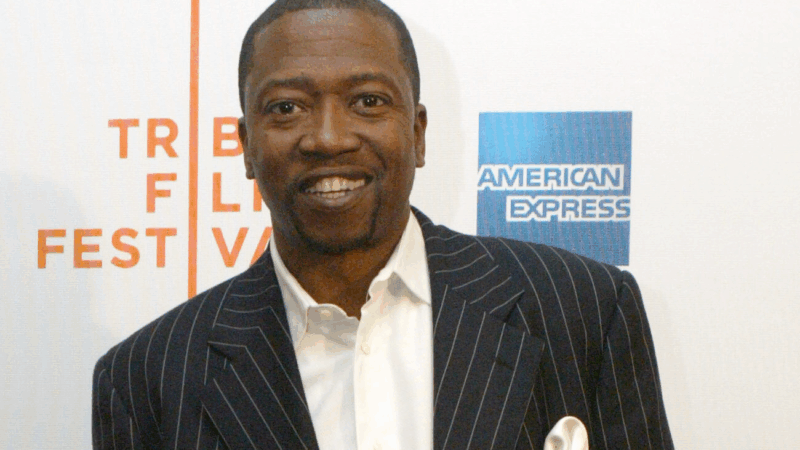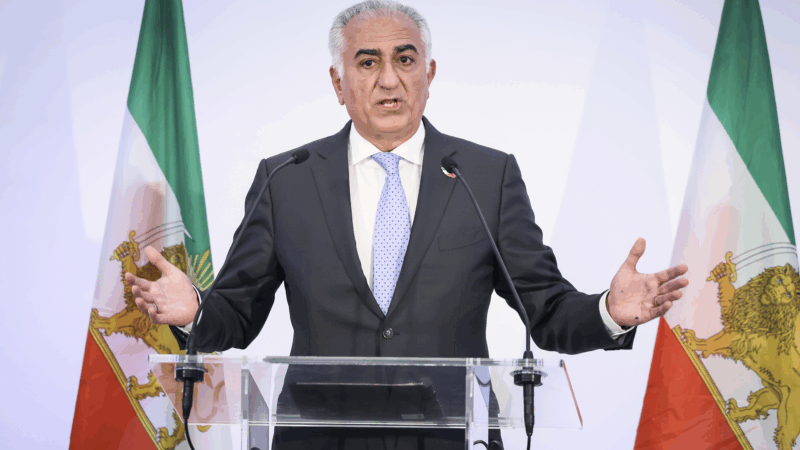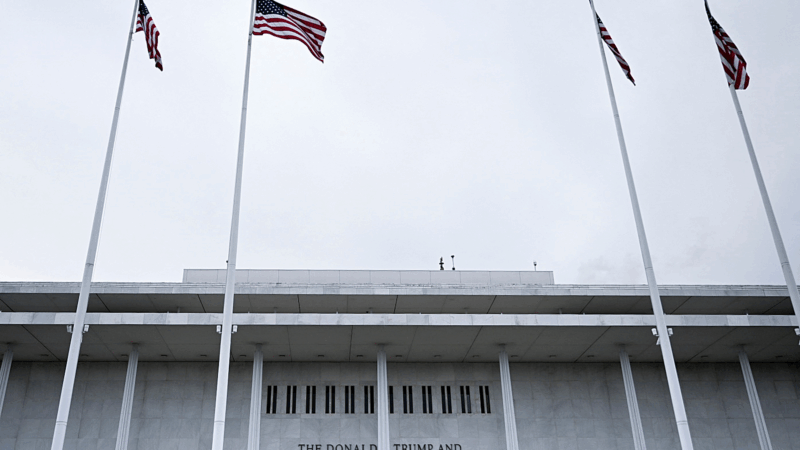Canada, China say fentanyl crisis is only a “pretext” for Trump’s new tariffs
Officials in Canada and China are blasting the Trump administration for using illegal street fentanyl as justification for new trade tariffs that go into effect today.
In a statement, Canadian Prime Minister Justin Trudeau called Trump’s criticism “unjustified,” noting that fentanyl seizures at the U.S. northern border have dropped to “near-zero.”
“While less than 1 percent of the fentanyl intercepted at the U.S. border comes from Canada, we have worked relentlessly to address this scourge,” Trudeau said. He pointed to $1.3 billion Canadian is spending on new security measures along the border.
Both countries called the link between fentanyl smuggling and trade barriers unjustified and announced plans to retaliate.
President Donald Trump is expected to speak about the clash Tuesday night in an address before Congress. In a statement Monday the White House once again pointed to drugs as a key motivation for new U.S. trade barriers, describing the situation as a “national emergency.”
“While President Trump gave both Canada and Mexico ample opportunity to curb the dangerous cartel activity and influx of lethal drugs flowing into our country, they have failed to adequately address the situation,” the U.S. statement said.
The U.S. on Tuesday imposed 25% tariffs on goods from Canada and Mexico and an additional 10% tariff on goods from China.
Trump has continued to describe fentanyl overdoses as an escalating crisis in the U.S., despite the fact that fatal overdoses have plummeted since 2023 — down nearly 24% according to the latest data from the Centers for Disease Control and Prevention.
Trudeau says Canada will retaliate with tariffs on $155 billion on U.S. goods, phased in over the next three weeks.
Chinese officials said they too have already stepped up cooperation with the U.S. on drug interdiction efforts. Speaking Monday, China’s Foreign Ministry spokesman Lin Jian accused the Trump administration of using “the fentanyl issue as a pretext” to threaten China.
“The U.S.’s attempts to politicize and weaponize trade and economic issues, levy tariff hikes on Chinese imports under the pretext of fentanyl, and create blocks to its normal trade, investment and economic cooperation with China will only harm its own economic interests and international credibility,” Jian said.
Many of the industrial chemicals used to make fentanyl — and other synthetic street drugs — have been linked to firms operating in mainland China. In the past, however, Chinese officials have described the fentanyl crisis as a domestic concern inside the U.S. that should be solved by curbing demand and street drug use.
Beijing responded to the Trump administration’s latest tariff hike by slapping additional tariffs of 10-15% on a variety of U.S. agricultural imports, including chicken, pork, soy and beef, starting next week, China’s finance ministry announced.
Mexico has also stepped up law enforcement pressure on drug cartels, staging raids against fentanyl labs and arresting gang leaders. Last month, Mexico transferred 29 cartel leaders into U.S. custody.
Speaking on Tuesday, Mexican President Claudia Sheinbaum said her country, too, would retaliate with 25% tariffs on U.S. goods.
“There is no motive or reason, nor justification that supports this decision that will affect our people and our nations,” she said.
Sheinbaum said she would detail which American products and industries would be targeted on Sunday.
Data from U.S. Customs and Border Protection shows fentanyl seizures at the U.S.-Mexico border have dropped by roughly 50% in recent months.
This escalating trade fight comes at a time when fatal overdoses from fentanyl are plunging in the U.S., with deaths linked to the synthetic opioid down more than 30% over the last year, according to data from the Centers for Disease Control and Prevention.
“It’s very very exciting to see that it’s dramatically decreasing,” said Dr. Nora Volkow, head of the U.S. National Institute on Drug Abuse, in an interview with NPR last month.
Veteran actor T.K. Carter, known for ‘The Thing’ and ‘Punky Brewster,’ dies at 69
T.K. Carter gained fame as Nauls the cook in John Carpenter's 1982 horror classic, "The Thing."
Who is Reza Pahlavi, the exiled Crown Prince encouraging demonstrations across Iran?
In exile for nearly 50 years, Iran's Crown Prince Reza Pahlavi has issued calls urging Iranians to join protests sweeping the country. But support for him may not be clear cut.
US launches new retaliatory strikes against ISIS in Syria after deadly ambush
The U.S. has launched another round of strikes against the Islamic State in Syria. This follows last month's ambush that killed two U.S. soldiers and an American civilian interpreter.
6 killed in Mississippi shooting rampage, authorities say
The alleged gunman, 24, has been charged with murder after the Friday shootings in northeast Mississippi. The victims include his father, uncle, brother and a 7-year-old relative, authorities said.
Washington National Opera leaves Kennedy Center, joining slew of artist exits
The WNO is just the latest to say they will no longer perform at the Kennedy Center since Trump took over last year.
Ukrainian drones set fire to Russian oil depot after Moscow launches new hypersonic missile
The strike comes a day after Russia bombarded Ukraine with hundreds of drones and dozens of missiles, including a powerful new hypersonic missile that hit western Ukraine.





